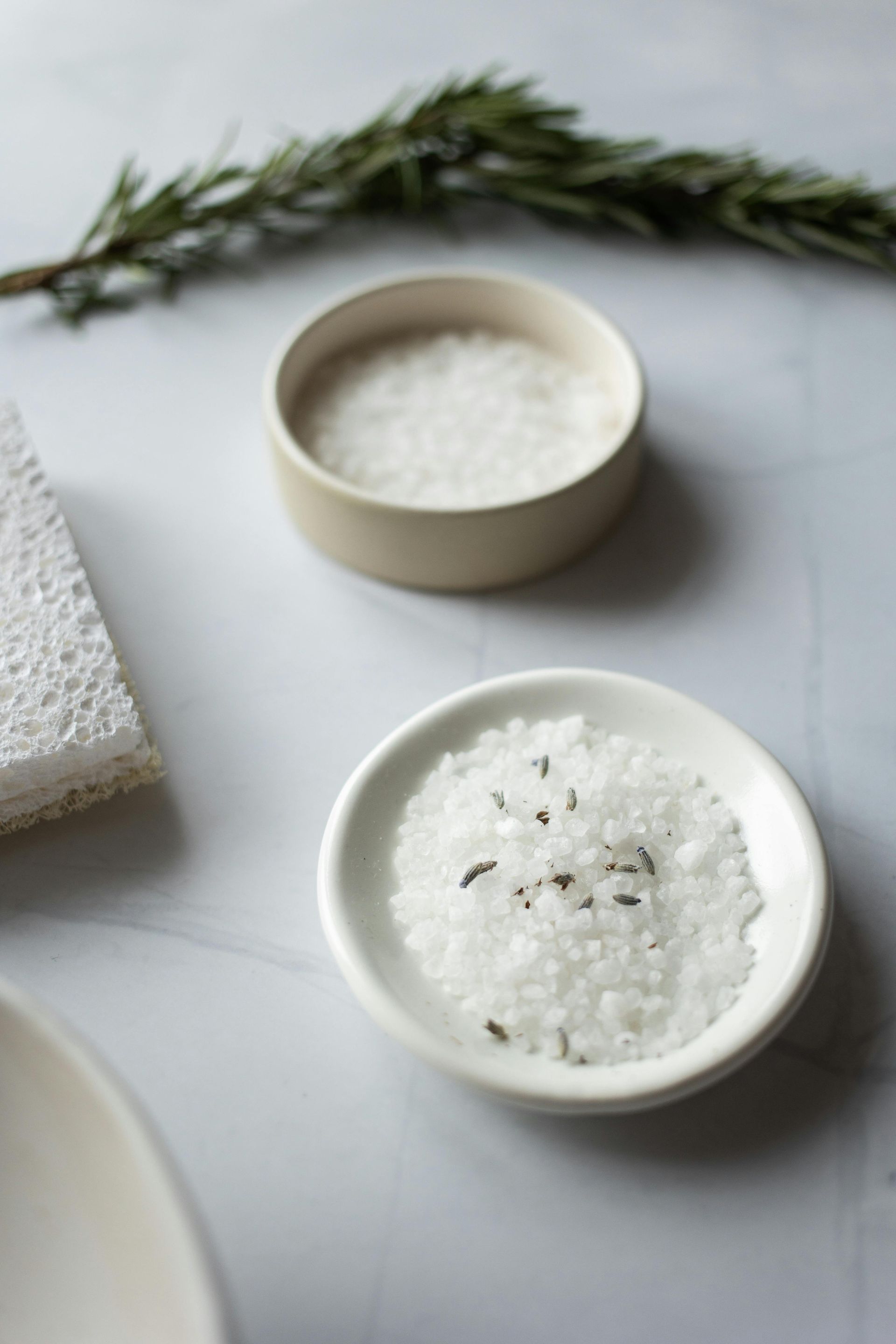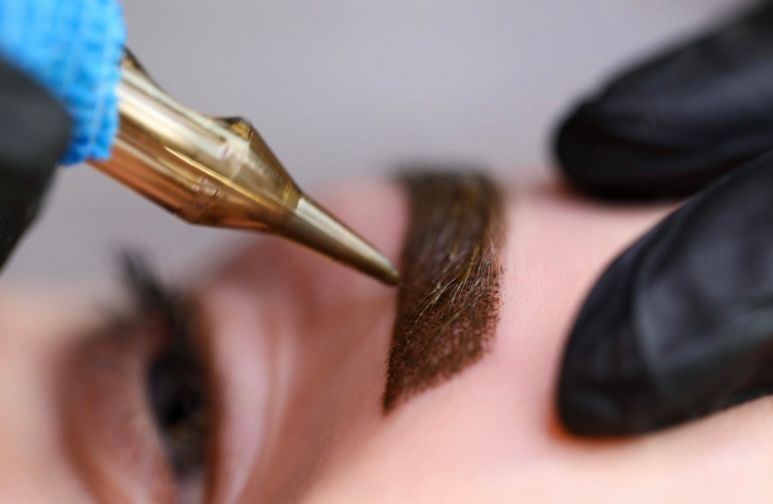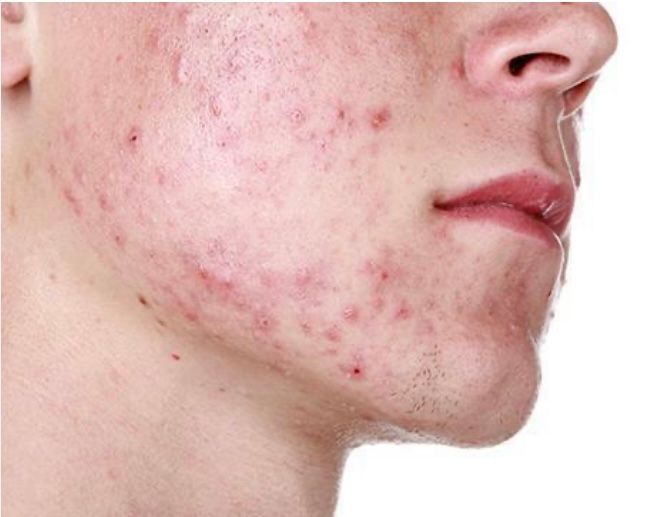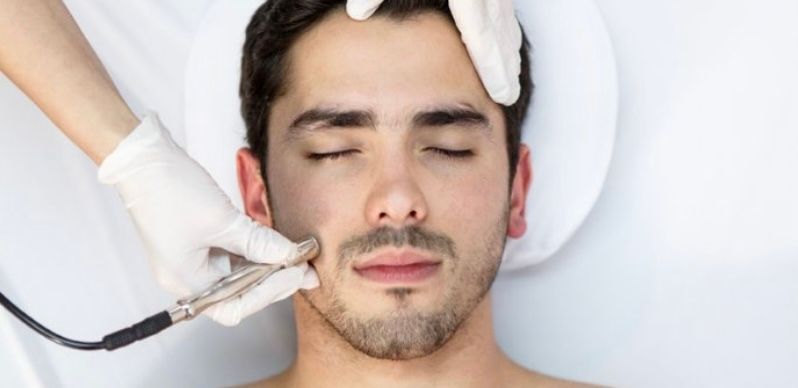Hyperpigmentation: What It Is and How to Treat It
Hyperpigmentation: What It Is and How to Treat It
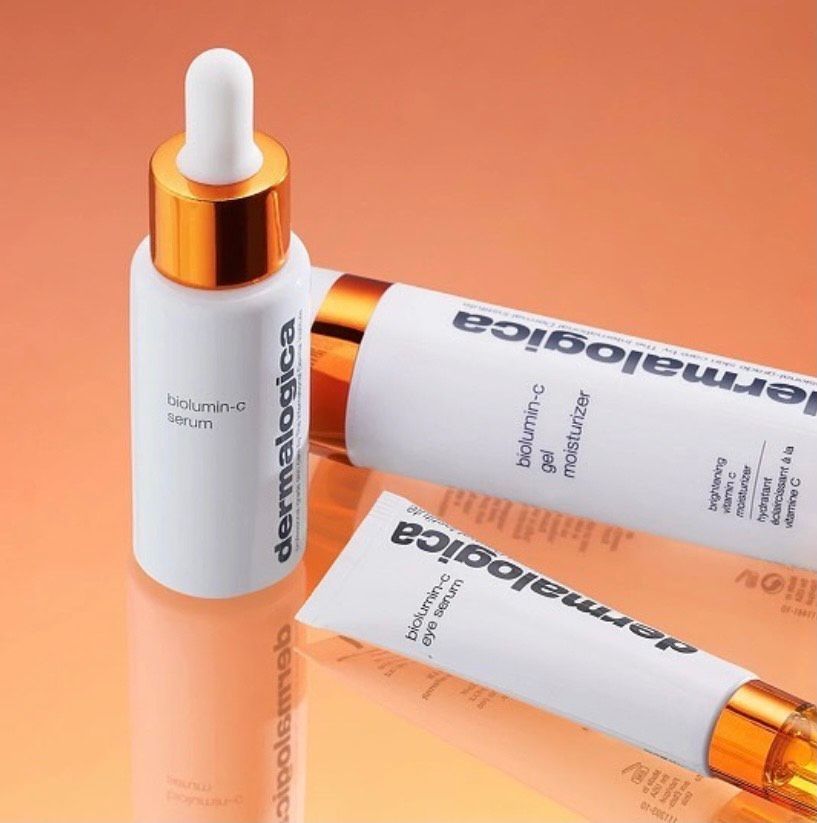
Hyperpigmentation is a common skin concern that affects people of all ages and skin types. It appears as dark patches or spots on the skin due to excess melanin production. While it’s usually harmless, it can be frustrating to deal with, especially when it lingers for months or even years.
In this post, we’ll explore the causes of hyperpigmentation and the best ways to treat and prevent it.
What Causes Hyperpigmentation?
Hyperpigmentation can be triggered by several factors, including:
- Sun Exposure – UV rays stimulate melanin production, leading to sunspots or age spots.
- Post-Inflammatory Hyperpigmentation (PIH) – This occurs after skin inflammation from acne, eczema, or injuries.
- Hormonal Changes – Conditions like melasma, often caused by pregnancy or birth control pills, lead to patchy discoloration.
- Genetics & Aging – Some people are more prone to hyperpigmentation due to their skin type and age
Effective Treatments for Hyperpigmentation
1. Topical Treatments
- Vitamin C – A powerful antioxidant that brightens skin and reduces dark spots.
- Retinoids – Help increase cell turnover and fade pigmentation over time.
- Hydroquinone – A skin-lightening agent that reduces melanin production (best used under dermatologist guidance).
- Niacinamide – Known for its anti-inflammatory and brightening effects.
2. Professional Treatments
- Chemical Peels – Exfoliate the skin to reduce pigmentation and improve skin tone.
- Laser Therapy – Targets pigmentation to break down excess melanin.
- Microdermabrasion – A non-invasive procedure that removes dead skin cells to improve skin texture and discoloration.
3. Sun Protection
No matter what treatment you choose, daily sunscreen use (SPF 30 or higher) is crucial. UV exposure worsens pigmentation, so wearing sunscreen prevents dark spots from getting darker and helps treatments work more effectively.
Preventing Hyperpigmentation
- Always wear sunscreen, even on cloudy days.
- Avoid picking at acne or scabs to prevent PIH.
- Use gentle skincare products to reduce irritation.
- Incorporate antioxidants like Vitamin C into your routine.
- Reduce sun exposure
- Reduce or eliminate time in hot tubs, saunas, or other actives that increase heat in the body
Final Thoughts
Hyperpigmentation is a common but treatable condition. With the right skincare routine, professional treatments, and sun protection, you can achieve a more even complexion. Book your next appointment today and we will help you on your journey to reduce to appearance of sunspots!


